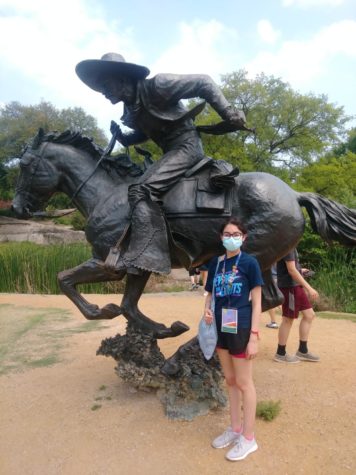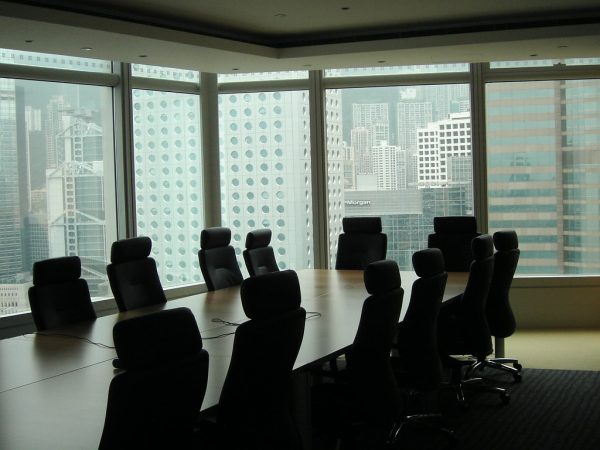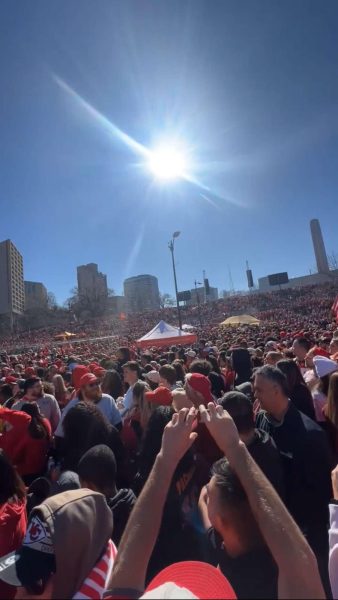Inflation continues to negatively impact the U.S. economy

The United States economy is going through a difficult time, but the most pressing of concerns is no longer the infamous COVID-19 pandemic. Instead, the issue most Americans are currently fixated on has to do with a global issue formed largely as a result of the contagious virus: inflation. In fact, the spike in inflation is the biggest seen in 40 years.
It is no surprise to anyone that prices have increased since the pandemic, but why has inflation accelerated since then? The current Russia-Ukrainian War is to blame, due to decreased commodities, disrupted supply chains, and lowered business confidence, according to the International Monetary Fund.
“The Russia-Ukraine war has had a tremendous impact on inflation. Areas such as the energy sector have seen a massive hit with the amount of imports from Russia to the US… the amount of goods we have placed tariffs on… brings up prices of all goods,” junior Preston Vicenzi said.
Unfortunately, it is a fact that this dramatic increase in inflation can be most heavily felt in energy and food products, two essentials that all Americans are forced to consume regardless of their price. More specifically, the U.S. Bureau of Labor Statistics reports a 70.4 percent increase in fuel prices and a 12.2 percent increase in food at home from June of 2021.
“Working in my family’s restaurant and being around the finances, it is evident that produce is getting more expensive and gas prices certainly do not help the situation,” junior Virgil Guo said.
Inflation has had the unfortunate effect of preventing students from meeting their financial goals. However, it seems as though those most worried are the adults around them, such as their parents or coworkers.
“I have currently been trying to get a car and with the war raging on, it has made it that much harder…some of the adults around me have shown extreme feelings toward inflation to the point where one has lost their apartment due to the lack of income,” Vicenzi explained.
While everyone has been affected in some way, there are vulnerable populations that have been hit disproportionately harder. These include those who were struggling prior to the inflation spike, families of color and small business owners, such as Guo’s family.
“Produce is getting more expensive, and gas prices and the lack of truck drivers certainly do not help the situation…we have to increase our prices to pay for products, which may drive away customers,” Guo said.
In hopes of offsetting the damage inflation has caused their wallets, families have tried different strategies to save money. Some shortened their grocery list in hopes of trimming their bill.
“My parents have stopped buying certain grocery items and brands,” freshman Dayali Sanchez said.
Others, on the other hand, turned buying more items as an investment.
“We have also started to purchase supplies that may become more expensive … such as food,” Vicenzi said.
Another subject in which students seemed split was in how they foresaw the current inflation would pan out. Some saw our country’s history of poor management of international debt and treatment of workers as signs that it would not be effective enough to recover quite so soon. Other, more optimistic students, however, felt hopeful that the light at the end of the tunnel was not so far away.
“I am hopeful … I want people to be able to afford and do things they want to without having to empty their bank accounts every time,” Guo said.

Anahi Sanchez is a junior, and this is her first year as a staff member for the Newtonian. She is part of the STAND Board, president of Chemistry Club,...













